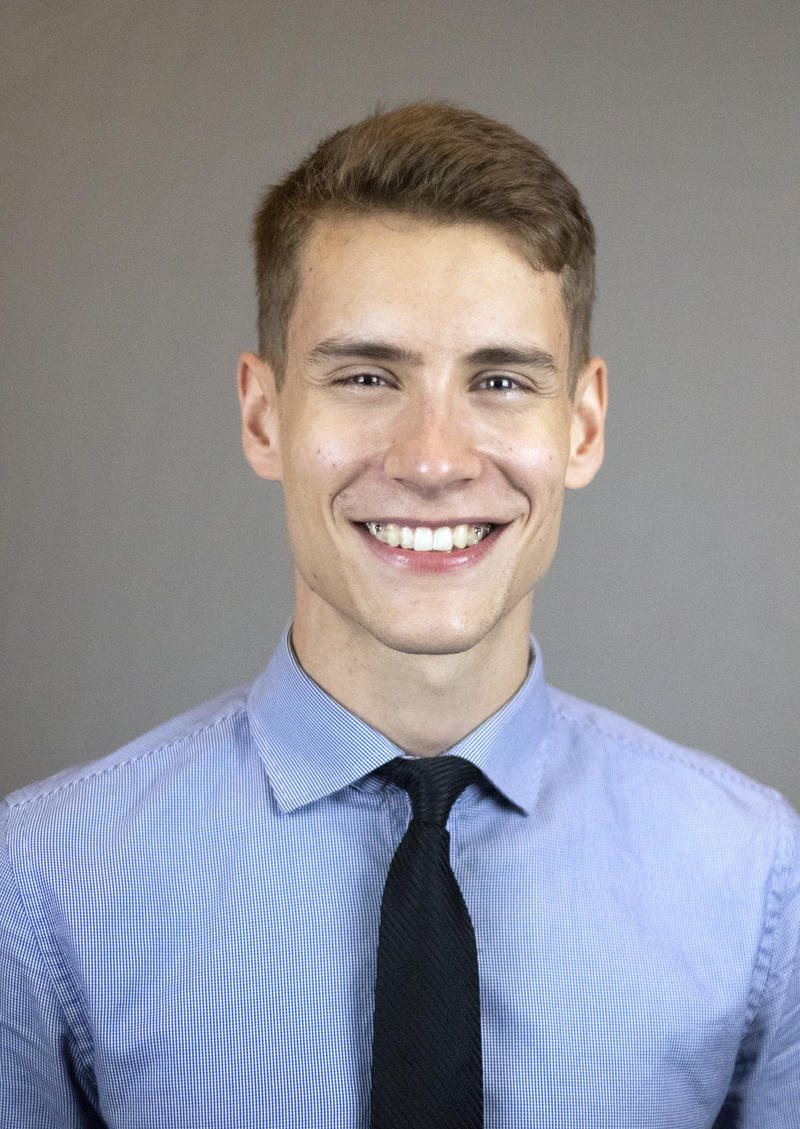
Samuel Goertz brings new insights as to how the provincial government can review its current financing mechanisms to better equip municipalities to finance their operations. Goertz is an undergraduate in the Honours Political Science program and a Roger S. Smith Undergraduate Student Research Award recipient.
Property taxes are each city's primary revenue source, since they can't use sales, income or corporate taxes. Passed in spring 2019, Bill 7 provides municipalities in Alberta with greater flexibility in their use of property tax incentives. However, it reduces fiscal capacity by potentially shrinking the assessment base with which cities can work. The fiscal capacity of Calgary and Edmonton has not substantially risen since the 1990s.
The biggest revenue generating options require action from another order of government. Over $100 million in property taxes are forgone every year due to provincial exemptions for certain sites like hospitals and universities. A full review of these exemptions could significantly increase city revenues.
Goertz's research demonstrates there are steps that can be taken right now by Edmonton and Calgary to improve their funding sources. Reforming the current user fee structures to be more precise and focused on cost-recovery would provide a significant boost to municipal revenues. User fees refer to the cost charged for the use of a city service like bus fare or a zoo ticket. Greater regional collaboration raises fiscal capacity indirectly. Deeper collaboration in each city's metro-area can lead to a reduction in service costs through cost-sharing. Increasing the usage of private-public partnerships, such as working with private companies to deliver services and infrastructure. Taxing machinery and equipment would net Edmonton $20 million annually.
"The Roger S. Smith program offers undergraduate students the opportunity to conduct sustained self-driven research over a long time period," says Goertz. "If I go into academia at a higher level, these skills will be vitally important. Through this project, I have learned to interpret legislation, interview experts and interpret complex ideas."
The Roger S. Smith Undergraduate Researcher Award
The Roger S. Smith Undergraduate Summer Research Awards in the Faculty of Arts will provide undergraduate students in the Faculty of Arts with an opportunity to receive $5,000.00 to cover 15 weeks (or ~330 hours) of research-based activity the summer (May to August). Click here to find out more information.
Property taxes are each city's primary revenue source, since they can't use sales, income or corporate taxes. Passed in spring 2019, Bill 7 provides municipalities in Alberta with greater flexibility in their use of property tax incentives. However, it reduces fiscal capacity by potentially shrinking the assessment base with which cities can work. The fiscal capacity of Calgary and Edmonton has not substantially risen since the 1990s.
The biggest revenue generating options require action from another order of government. Over $100 million in property taxes are forgone every year due to provincial exemptions for certain sites like hospitals and universities. A full review of these exemptions could significantly increase city revenues.
Goertz's research demonstrates there are steps that can be taken right now by Edmonton and Calgary to improve their funding sources. Reforming the current user fee structures to be more precise and focused on cost-recovery would provide a significant boost to municipal revenues. User fees refer to the cost charged for the use of a city service like bus fare or a zoo ticket. Greater regional collaboration raises fiscal capacity indirectly. Deeper collaboration in each city's metro-area can lead to a reduction in service costs through cost-sharing. Increasing the usage of private-public partnerships, such as working with private companies to deliver services and infrastructure. Taxing machinery and equipment would net Edmonton $20 million annually.
"The Roger S. Smith program offers undergraduate students the opportunity to conduct sustained self-driven research over a long time period," says Goertz. "If I go into academia at a higher level, these skills will be vitally important. Through this project, I have learned to interpret legislation, interview experts and interpret complex ideas."
The Roger S. Smith Undergraduate Researcher Award
The Roger S. Smith Undergraduate Summer Research Awards in the Faculty of Arts will provide undergraduate students in the Faculty of Arts with an opportunity to receive $5,000.00 to cover 15 weeks (or ~330 hours) of research-based activity the summer (May to August). Click here to find out more information.